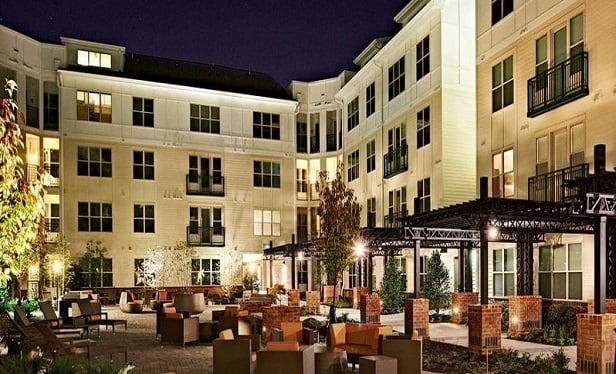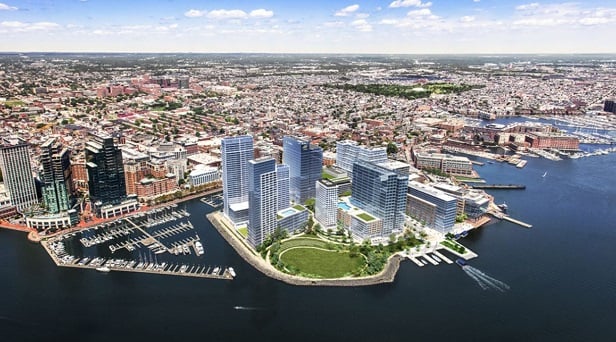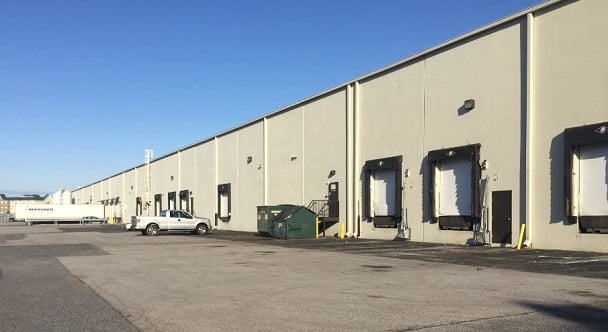 Clewlow: “This is new material, new depth and new insights into major megaprojects across the country.”
Clewlow: “This is new material, new depth and new insights into major megaprojects across the country.”
DALLAS—I.CON: Impact Projects, NAIOP's industrial real estate conference set for April 5-6 here, assumes a case-study format that will reveal to attendees the many complexities that go into creating large-scale projects, Jim Clewlow, advisory committee chair for the conference, tells GlobeSt.com. We spoke exclusively with Clewlow, who is also EVP and chief investment officer for CenterPoint Properties in Oak Brook, IL, about what makes the conference unique and what attendees can expect from the new format.
GlobeSt.com: What do you feel is most compelling about this conference for potential attendees?
Clewlow: NAIOP has come up with a very innovative concept to do deep dives into these projects versus superficial discussion. This is new material, new depth and new insights into major megaprojects across the country. There's a wide variety—it's not just one theme. These are long-lead-item projects that may take up to 30 years to complete. So much of our business is fairly repetitive, particularly on the industrial side. These cases are more complex and examine all the different complexities and facets that come up in different projects like this, from environmental clean-up to demolition to rezoning and transition of uses.
For example, in the case of Tradepoint Atlantic in Baltimore (formerly called Sparrows Point), it's an old steel plant from the late 1800s, and the demo meant more than just pulling up rail—it's pulling up foundations and dealing with environmental. There are lots of different layers of environmental; it may be as little as dedicating a portion of the site not to be built on or building a parking lot over the site or as much as hauling things off, dealing with asbestos or natural attenuation for an area to clean. There are very sophisticated problems and solutions and timetables.
For the conference, so often we're covering manufacturing trends, intermodal, etc., but there's another segment industrial involves: redevelopment of properties. What does that constitute? This is a sentiment people are aware of, but they might not understand the full ramifications of what that means. Most of industrial is built on a greenfield, but this segment is a little more involved than that. In urban markets, greenfield sites are hard to find. This uncovers the value proposition of going into locations that are difficult and reclaiming land that didn't exist.
GlobeSt.com: What else can attendees expect with this special case-study format?
Clewlow: The will learn about the players that can do these types of projects. They are never done by one person, but teams of people—up to 80 people could be working on complicated projects. There's a special band, a different skill set. More than 90% of all development that occurs in industrial and office is a commodity product; there are issues, but most are well defined. This is about that 8% to 10% that isn't. Normal panels will cover those issues, which are important, but you can't cover depth like this in a normal panel. We've got in-depth sessions for each project, and there will be time dedicated for deep dives into each project.
GlobeSt.com: How was each case study selected?
Clewlow: The first criterion was size; the second was complexity; the third was significance; and then we were trying to avoid commodity stuff—not tract office or industrial development.
GlobeSt.com: What else should our readers know about this conference?
Clewlow: It's the first of its kind. Also, we have done heavy vetting of all of these different projects. We think they kind of cover the gamut of all different kinds of issues that might be encountered in these projects. There's a good variety. NAIOP is offering unique formats that people may not have even considered. We're trying to imagine things people haven't even thought of to remain relevant and stay on top in the industrial market.
© 2025 ALM Global, LLC, All Rights Reserved. Request academic re-use from www.copyright.com. All other uses, submit a request to [email protected]. For more information visit Asset & Logo Licensing.







